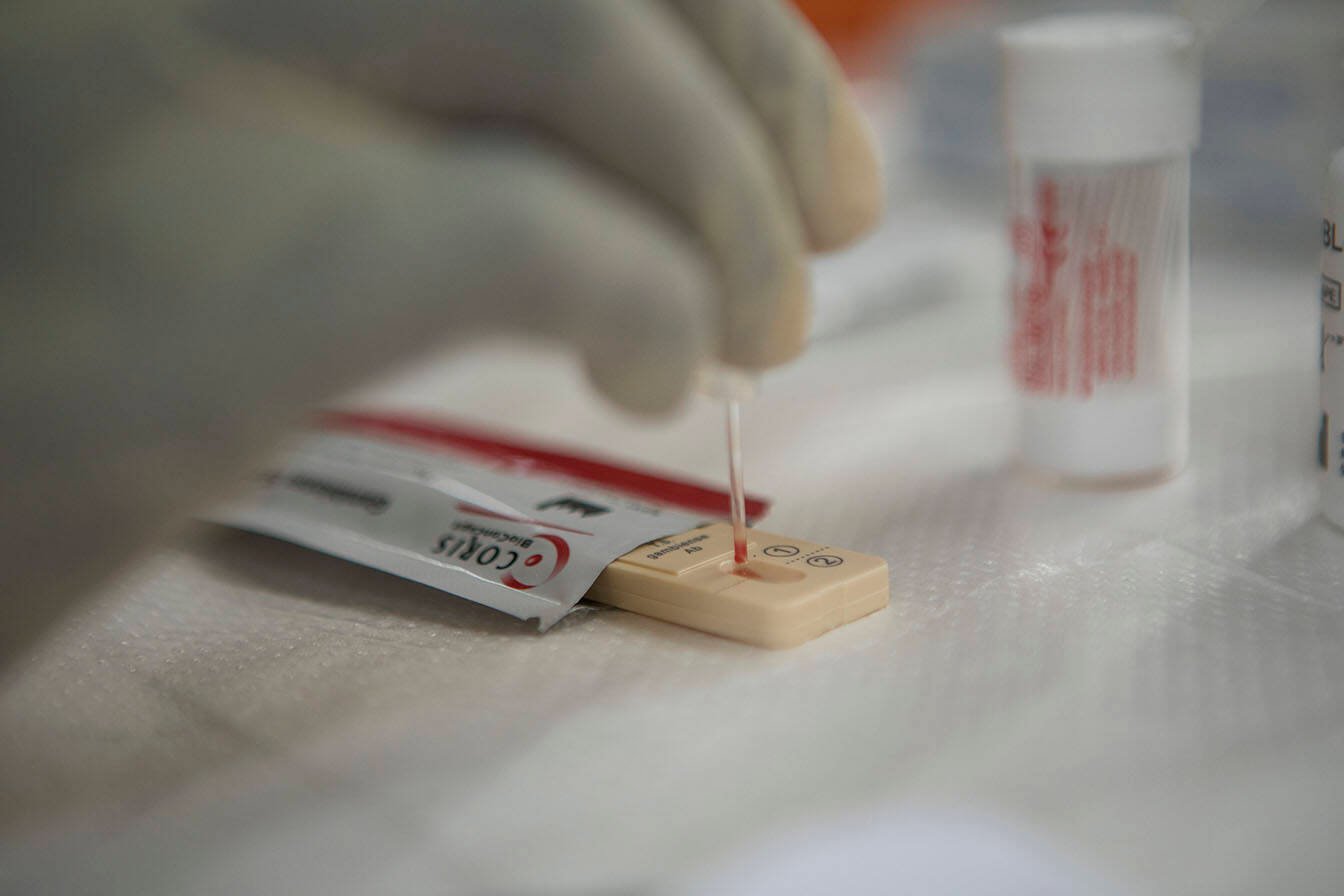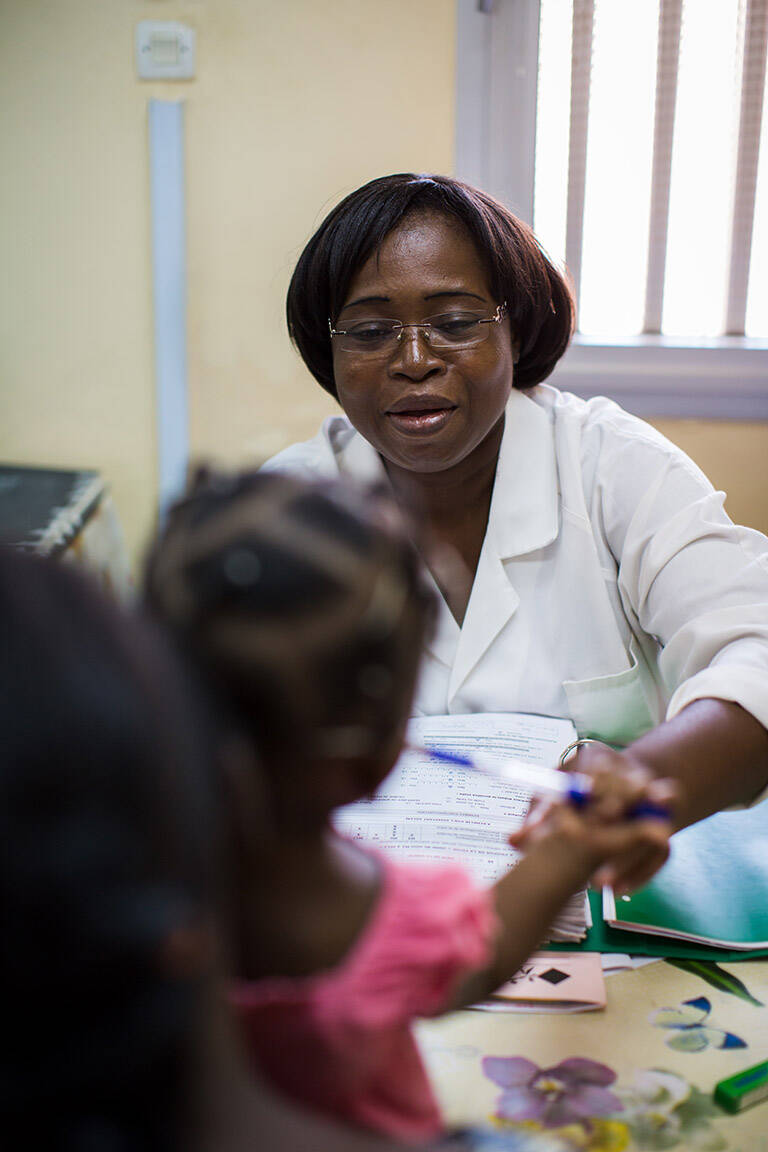
scroll down
Two EDCTP2-funded vaccine trials began recruiting in 2024, targeting pathogens responsible for the deaths of tens of thousands of young children in sub-Saharan Africa every year.

Another EDCTP2-funded trial of a vaccine against a gut pathogen launched in 2024. The phase I SUNSHINE study is evaluating a candidate vaccine to prevent Shigella infections, one of the most common causes of diarrhoeal disease in children, particularly in countries where rotavirus infections have been reduced by vaccination. An estimated 165 million infections occur each year, leading to 64,000 deaths. In addition, repeated infections have major long-term implications for children’s physical and cognitive health.
The trial, organised by the ShigaPlexIM consortium, is evaluating a vaccine known as InvaplexAR-Detox/dmLT, a multiantigen subunit vaccine combined with a powerful immune-boosting adjuvant, dmLT. The latter component is designed to address the issue that immune responses to oral vaccines are often attenuated in endemic countries, probably because of gut damage following multiple enteric infections.
In October 2024, the first participant in The Netherlands received the vaccine. The vaccine dosage is gradually being increased and, if safety criteria are met, participants in Zambia will then be vaccinated.
Sub-Saharan Africa is particularly badly affected by invasive Salmonella infections. Certain strains of Salmonella escape from the gut into the bloodstream, causing severe and potentially fatal disease. These strains are distinct from those that cause typhoid fever, so are known as ‘invasive non-typhoidal Salmonella’ (iNTS).
iNTS is responsible for the deaths of an estimated 50,000 young children a year. About one in seven of those infected do not survive. Although antibiotic treatments exist, drug resistance is a growing problem. An iNTS vaccine is thus urgently needed.
In February 2024, the first patients were recruited to the EDCTP2-funded PEDVAC-iNTS phase II trial. This study, involving seven European and Ghanaian institutions, is assessing the safety, reactogenicity and immunogenicity of an iNTS vaccine developed using ‘GMMA’ (generalized module for membrane antigens) technology. Developed by GSK, the GMMA technology is based on engineered bacterial cells, which bud off vesicles from their outer membranes and display target antigens to the immune system. It has the advantage of being a scalable and low-cost vaccine production technology.
The PEDVAC-iNTS study will assess the iNTS GMMA vaccine in adults, older children and infants. If results are favourable, the vaccine would progress to a phase III efficacy trial.
Advancing new vaccines for bacterial infections